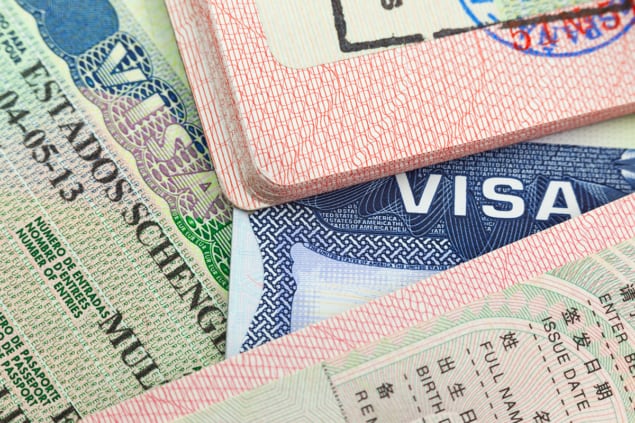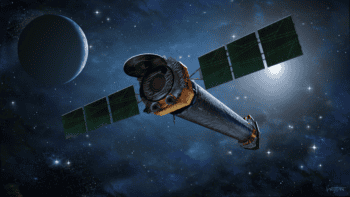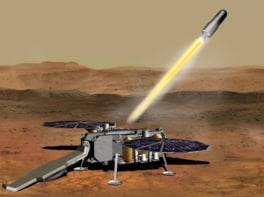
Restrictions on US work visas may be deterring foreign-born science and engineering PhDs from taking jobs at technology start-ups, depriving new companies of scarce talent. That is the conclusion of researchers at Cornell University and the University of California, San Diego, whose survey of STEM PhD recipients at US universities found that foreign PhDs were 56% less likely than their US peers to accept a job at a start-up, despite expressing more interest in start-ups when they were students and being just as likely to apply to and receive job offers from them.
Michael Roach and John Skrentny based their conclusions on a survey of 2324 people who earned PhDs in STEM subjects from US universities between 2010 and 2016 and subsequently took jobs in industrial research and development. Overall, 15.8% of US PhDs in their sample went to work at start-ups, compared to 6.8% of foreign PhDs. Within physics, the figures were 15.2% for US citizens and 10.9% for people classed as international students, who must obtain employment-based visas if they wish to work in the US after their student visas expire.
In their paper (PNAS10.1073/pnas/1820079116) Roach and Skrentny point out that larger firms are more likely to have the resources to apply for work visas under the US H-1B programme. The application process for these visas can take several months and cost up to $10 000 in attorney and filing fees, and their numbers are subject to restrictive annual quotas. Because of these hurdles, the researchers speculate that foreign PhDs may avoid taking jobs at start-ups out of concern that their employers will not be able to obtain a work visa, or that they might lose their eligibility to work in the US if the start-up fails. The result, they argue, is that start-ups find it “difficult to attract the talent that they need to innovate and compete against large firms”.
For physics-based start-ups, the competition is acute: more than 40% of the people who earned physics PhDs from US universities between 2010 and 2015 were foreigners without permanent residency. “If you’re a start-up founder and you’re trying to hire somebody with the latest training in quantum computing, there may be only five researchers on the market at a given time, and three of them are foreign-born,” Roach tells Physics World. “It might be that the foreign-born ones wouldn’t even come to work for you if there’s some uncertainty level [about getting a visa].”



